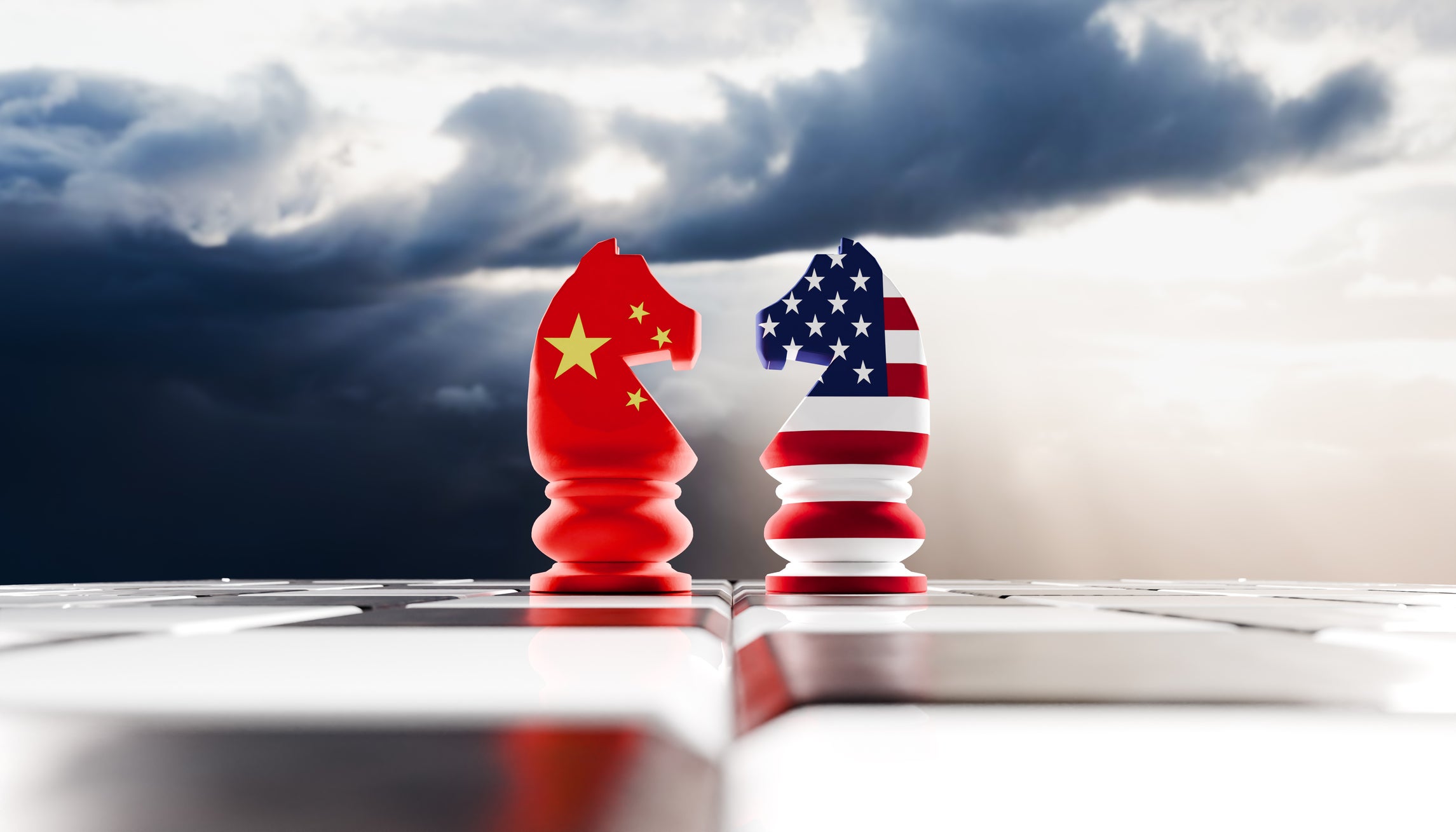WuXi Biologics’ CEO Chris Chen has denied that the company’s sale of its less than four-year-old Ireland site is due to the threat of the US Biosecure Act, and said that the number of new contracts is at an all-time “high”, while speaking at the JP Morgan (JPM) Annual Healthcare Conference 2025 on 15 January.
A subsidiary of the Chinese contract development and manufacturing organization (CDMO), WuXi Vaccines, will sell its vaccine manufacturing facility in Dundalk, Ireland to Merck & Co. for approximately $500m, the company announced earlier in January.
“People are saying, ‘Is this because of Biosecure?’ No, not at all,” Chen said to the audience at JPM. Instead, he explained, “I have an asset sitting in Ireland worth $500m. Our stock is so cheap. Our rationale is, ‘I sell that asset, get $500m and buy back 6% of the company’.”
He added, “That was part of the original option anyway—we build that facility for Merck and they can take it if they want to.” Merck & Co is the sole client of the Irish site, which was constructed in 2019 for $240m and partially opened in 2021 before full good manufacturing practice (GMP) approval in 2022.
“Because that facility is low margin, our overall margin profile [after the sale will have] improved by 100 bps [basis points, equivalent to 1%]. Why wouldn’t we do it? It has nothing to do with geopolitics,” Chen explained.
The Dundalk facility produces active pharmaceutical ingredients (APIs) in large batches for commercial manufacturing and late-stage clinical production, focusing on monoclonal antibodies (mAbs) and recombinant proteins.

US Tariffs are shifting - will you react or anticipate?
Don’t let policy changes catch you off guard. Stay proactive with real-time data and expert analysis.
By GlobalDataBiosecure threatens Chinese partners
The pharmaceutical and biotech industries have been consumed by discussions of the Biosecure Act, which did not pass in the US as expected in 2024, but may be voted on again in 2025. If passed, the bill would prohibit US federal funding for any company that outsources services to biotechnology companies in China. Drafts of the bill explicitly name WuXi Biologics and WuXi AppTec. These two service providers operate independently but are related, as WuXi AppTec manufactures small molecule drugs.
In October 2024, the Financial Times reported that WuXi Biologics was in talks to sell some of its European production facilities, including two facilities in Germany, as foreign clients balked at the prospect of the Biosecure Act. In the same month, WuXi AppTec stated that its WuXi Advanced Therapies (ATU) cell and gene subsidiary had already been impacted by the proposed legislation as there were “insufficient new business wins due to the proposed US legislation”. WuXi AppTec disclosed that it was unsure whether it would dispose of the China-based subsidiary.
50% of revenue outside China by 2030
In contrast, WuXi Biologics’ CEO was bullish in his JPM presentation, stressing that the company is continuing to sign foreign clients and is even investing in the US by building a biologics manufacturing facility in Worcester, Massachusetts that will open in 2027. Half of the company’s revenue will come from facilities outside China, such as the US and Singapore, by 2030, he predicted.
Last year, the company had 151 client projects, which was a record high, Chen said. There was flat growth in 2024 due to the loss of Covid-19 product demand and lackluster biotech funding. “Now both issues are over, so we are poised for strong growth,” Chen said. In terms of revenue, the company had a “solid performance in 2024”, which will improve in 2025 and accelerate further in 2026, he said. The CDMO is anticipating the approval of several potential blockbuster drugs, including eight drugs with the potential to generate more than $200 million for WuXi per year. Chen predicted that the company’s margin will improve by at least 100–150 bps [1–1.5%] in 2025 compared to 2024.
The potential for the Biosecure Act to pass is having only a minimal chilling effect on clients, Chen said. “I had a large pharma head of manufacturing visit us last April. I asked him ‘What do you see [as the] impact of geopolitics?’ He said [the important factors are] quality, execution, price, and now there is a recent factor of geopolitics. If you are best in every other aspect, geopolitics doesn’t really impact you,” Chen added. He emphasised that no WuXi clients have experienced a delay in FDA approval caused by manufacturing inspection problems.
“We are coming to see a record high of products,” Chen said. The CDMO is gaining customers from its “win the molecule” strategy, which saw 10 Phase III programs recently transfer from competitors, of which five came from US customers.
“Our peers are doing very well. If they stumble, the next company people come to is WuXi despite the cloud of geopolitics,” Chen said. “Last year, despite all this noise, we have a commitment from nine US programs to launch from our site in China,” he added.
The company also has 800 clients from a “follow the molecule” strategy, which sees the CDMO sign early stage drugs and grow with its clients. This leads to revenue from projects increasing up to five-fold if a small biotech is acquired by a large pharma company, and the number of batches needed increases. A total of 70 of WuXi Biologics’ client companies were acquired in the past six years, mostly by big pharma, leading to an average valuation of $1.3bn, Chen said.





